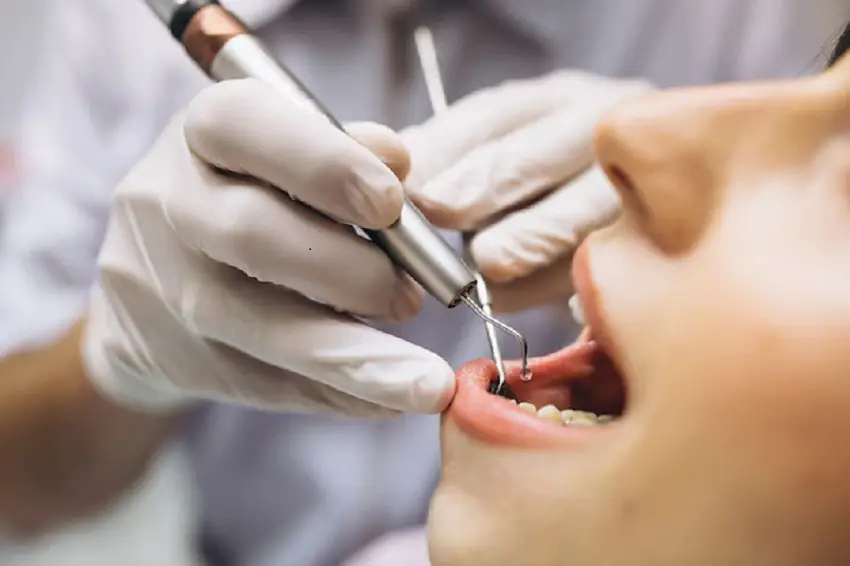Going to the roswell dentist can be a stressful experience for many people, particularly those who suffer from dental anxiety. This anxiety can be caused by a variety of factors, including fear of pain, fear of needles, and fear of the unknown. Unfortunately, avoiding dental appointments can lead to more serious dental problems and may ultimately result in more pain and discomfort. If you struggle with dental anxiety, there are steps you can take to make your dental appointments less stressful. In this article, we'll share some tips from a dentist on how to deal with dental anxiety.
- Communicate with Your Dentist
One of the best ways to deal with dental anxiety is to communicate openly and honestly with your dentist. Let your dentist know that you experience anxiety about dental procedures and discuss ways to make your appointments more comfortable. Your dentist may be able to offer sedation options, such as nitrous oxide or oral sedation, to help you feel more relaxed during your appointment.
It's also important to be honest with your dentist about any past negative experiences you've had with dental procedures. This information can help your dentist to adjust their approach and make your appointments more comfortable.
- Practice Relaxation Techniques
Relaxation techniques can be effective in reducing anxiety and stress. Before your dental appointment, try deep breathing exercises, progressive muscle relaxation, or visualization techniques to help you relax. You may also want to try listening to calming music or an audiobook during your appointment to help distract your mind and reduce anxiety.
- Bring a Support Person
If you find it difficult to attend dental appointments alone, consider bringing a support person with you. This person can help to keep you calm and distract you during the appointment. Be sure to let your dentist know ahead of time if you plan to bring someone with you so they can accommodate any additional needs.
- Use Distractions
Distractions can be helpful in reducing anxiety during dental appointments. You may want to bring headphones and listen to music or an audiobook during your appointment. You can also try counting or reciting a mantra in your head to help distract your mind.
- Schedule Appointments at a Time That Works for You
If you find that anxiety is worse at certain times of the day, try scheduling your dental appointments at a time when you feel more relaxed. You may also want to avoid scheduling appointments during times when you know you'll be rushed or stressed.
- Consider Sedation Options
If you find that dental anxiety is too overwhelming to manage with relaxation techniques alone, you may want to consider sedation options. Sedation can be administered in a variety of ways, including oral medications or intravenous (IV) sedation. Your dentist can help you determine which sedation option is best for you.
- Choose a Dentist Who Specializes in Treating Anxious Patients
Some dentists specialize in treating patients with dental anxiety. These dentists are trained to be more empathetic and compassionate toward anxious patients and may use techniques such as distraction, relaxation, and sedation to help patients feel more comfortable during their appointments. If you struggle with dental anxiety, consider looking for a dentist who specializes in treating anxious patients.
- Start with Simple Procedures
If you're new to dental appointments or haven't been to the dentist in a while, it may be helpful to start with a simple procedure, such as a cleaning or checkup. These procedures are usually quick and relatively painless, which can help to build your confidence and reduce anxiety about more complex procedures.
- Use Positive Self-Talk
Negative self-talk can make anxiety worse. Instead, try using positive self-talk to help build your confidence and reduce anxiety.





